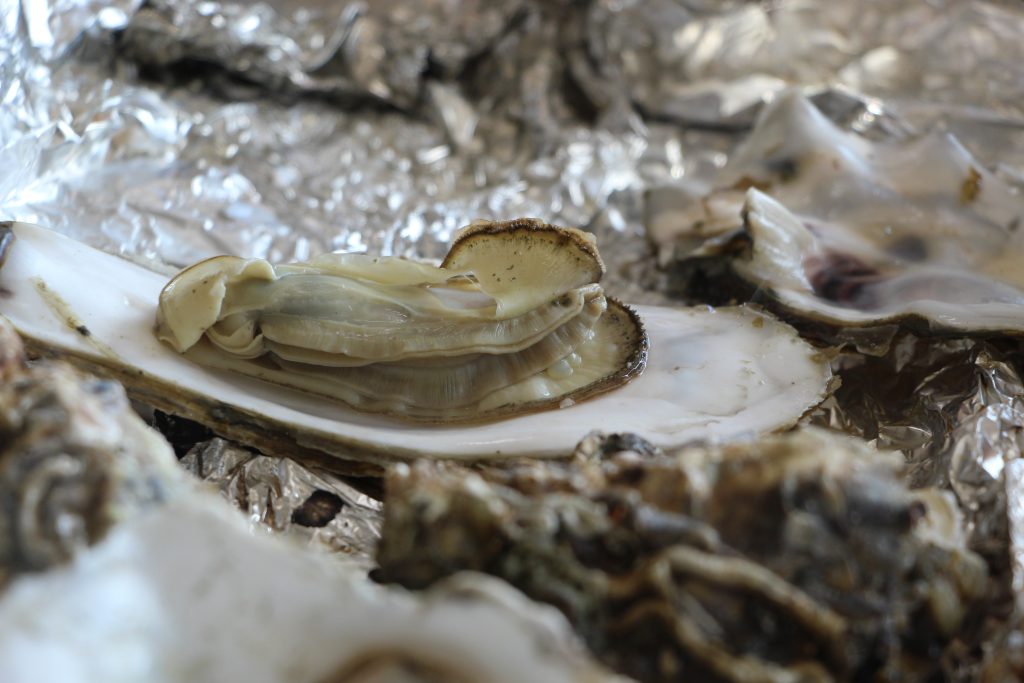 While many people enjoy oysters, few people are aware how oyster leases work. This case involves a couple who held oyster leases that were harmed when a company decided to renter a nearby oil well. Can that company be held liable for the damages to the holders of the adjacent oyster leases?
While many people enjoy oysters, few people are aware how oyster leases work. This case involves a couple who held oyster leases that were harmed when a company decided to renter a nearby oil well. Can that company be held liable for the damages to the holders of the adjacent oyster leases?
Pero and Mary Ann Cibilic held oyster leases in a lake in St. Bernard Parish, Louisiana. Because of the lack of oysters following the BP oil spill and increase in prices, the Cibilics made a large investment to purchase and spread cultch, which is used for oyster cultivation. This resulted in the Cibilics having a good sized oyster crop in their leases.
Cox Operating started a project to re-enter one of its oil wells that was adjacent to the Cibilic’s oyster leases. Ships has to cross over the Cibilics’ leases in order to reach the well. To turn to the well, ships had to go down and back up with their propellers, which resulted in sedimentation harming the Cibilics’ oyster beds.
The Cibilics filed a lawsuit against Cox Operating, alleging Cox Operating had damaged their oysters and oyster leases while working on re-entry to its well. The Cibilics presented witnesses, who all supported their allegations. Their expert witness also testified about causation and damages. Cox Operating did not provide any witnesses who had been on-site. The trial court ruled in favor of the Cibrilics and awarded them over five million dollars. Cox Operating filed an appeal.
The appellate court first considered whether the trial court erred in finding Cox Operating’s ships had distributed the lake’s sediment. It pointed to testimony from multiple witnesses who had observed Cox Operating’s vessels stirring up sediments nearby. Cox Operating did not present any eyewitnesses who offered conflicting testimony. The appellate court also considered the expert witnesses’ testimony about the oyster mortality in the relevant area following Cox Operating’s reentry project.
While Cox Operating tried to challenge the trial court’s decision to qualify Cibilic’s expert witness as a witness, the appellate court explained the trial court has wide discretion in deciding whether to admit expert testimony. See Holzenthal v.Sewerage & Water Bd. of New Orleans. Here, the Cibilics’ expert witness had extensive relevant education and experience. Additionally, the trial court has vast discretion in determining the credibility of differing testimony from experts. See Duvio v. Specialty Pools Co., L.L.C.
The appellate court determined the evidence indicated Cox Operating’s vessels had disrupted the sediment on the bottom of the lake, causing significant damage to the Cibilic’s oyster leases. Therefore, the appellate court held the trial court did not error in finding in favor of the Cibrilics and awarding them damages. However, the appellate court agreed with Cox Operating’s argument that the trial court’s award shocked the conscience.
Here, the over five million dollars awarded exceed the total all of the Cibrilics’ oyster leases had made for over ten years. The trial court could not justify this award based just off of increased prices for oysters. Therefore, the appellate court reduced the damages awarded to the Cibilics to approximately three million dollars.
Even if you do not have an oyster lease, this case illustrates the importance of having sufficient testimony to support your claims. The next time you are eating an oyster, remember this case and how the Cibilics prevailed by presented supporting lay and expert testimony. A good lawyer can help you identify and present such evidence.
Additional Sources: Pero Cibilic and Mary Ann Cibilic v. Cox Operating LLC
Article Written By Berniard Law Firm
Additional Berniard Law Firm Article on Oyster Leases: Oyster Leases vs. Oil Wells: A Legal Battle Unfolds in a Louisiana Construction Dispute
 Louisiana Personal Injury Lawyer Blog
Louisiana Personal Injury Lawyer Blog

